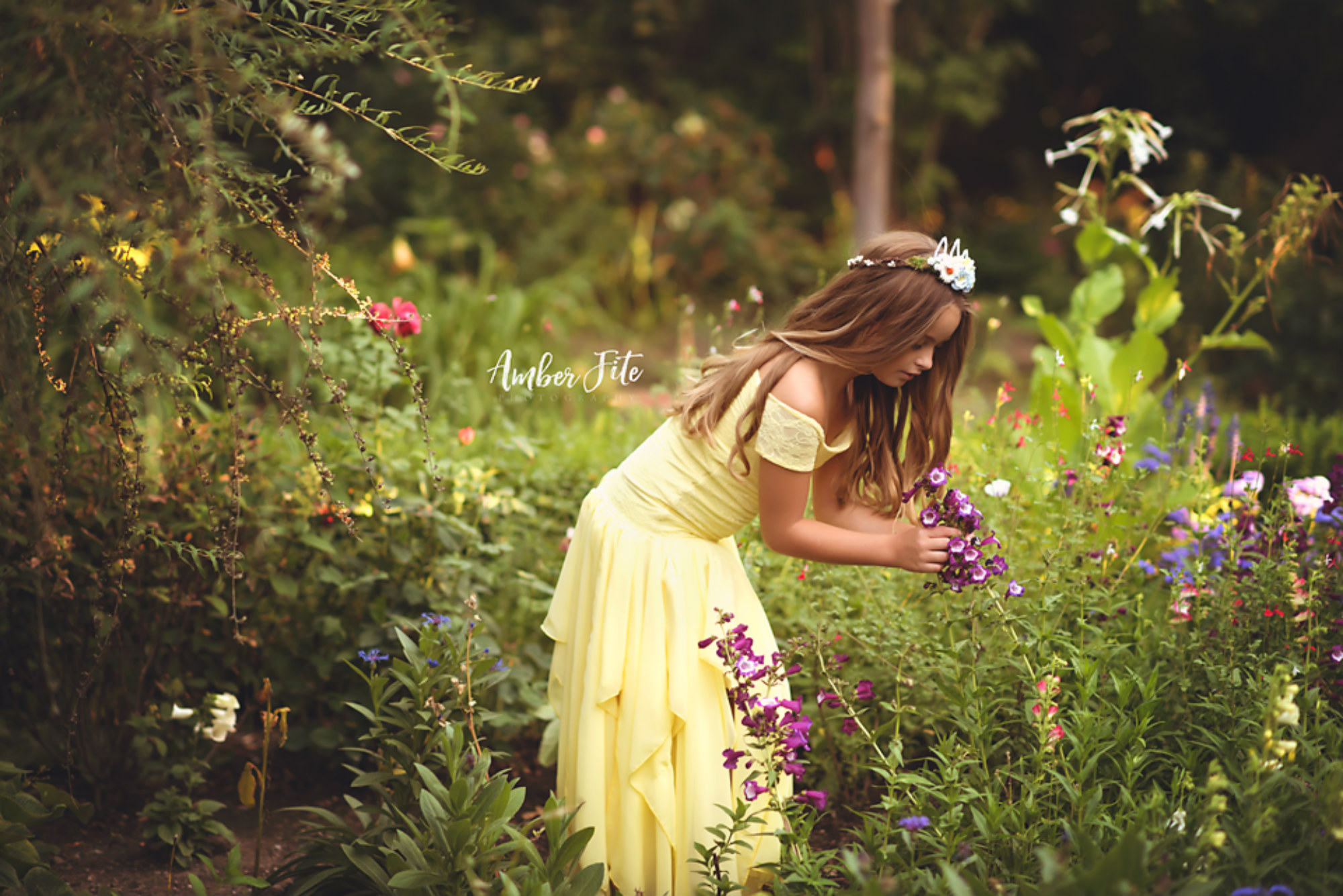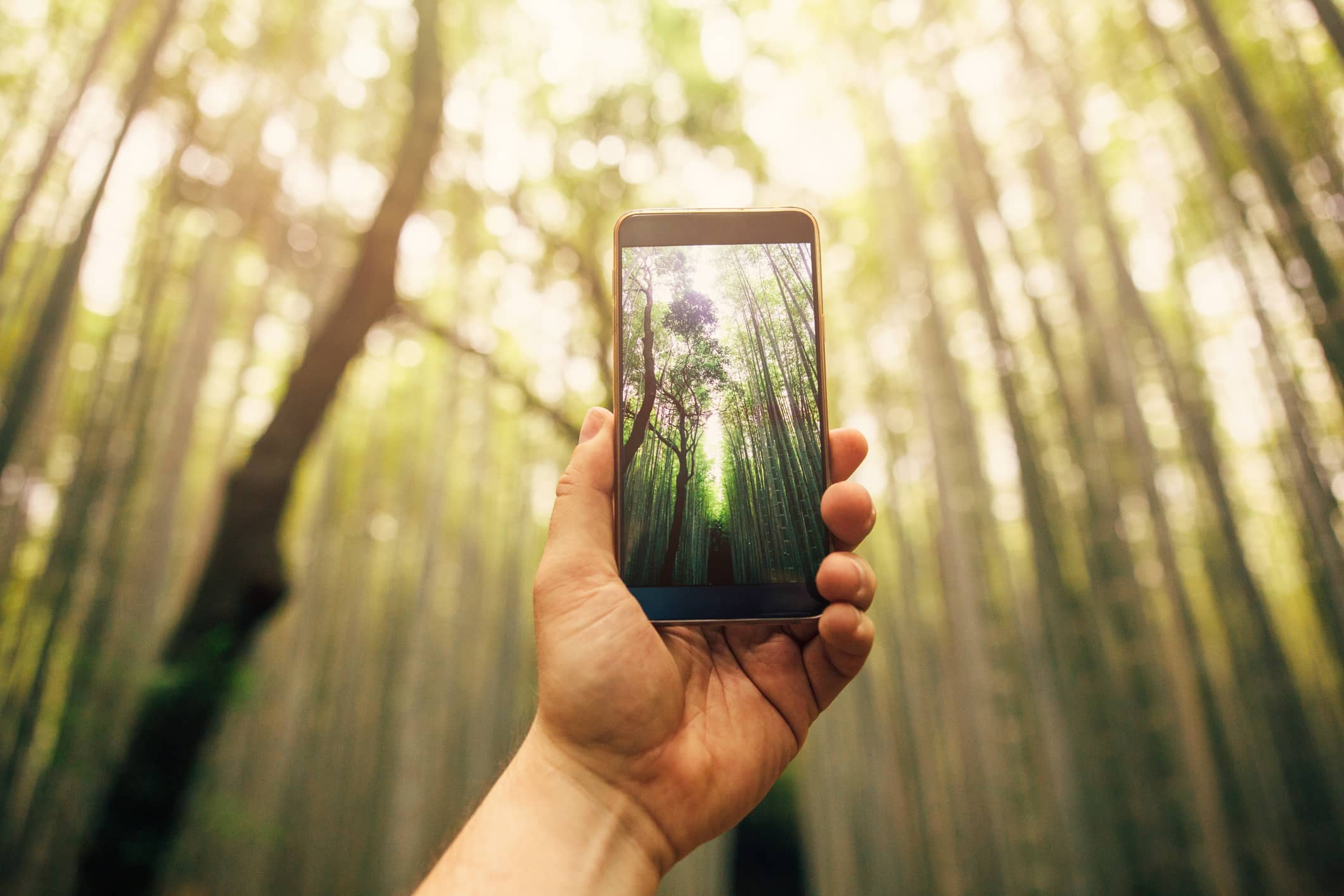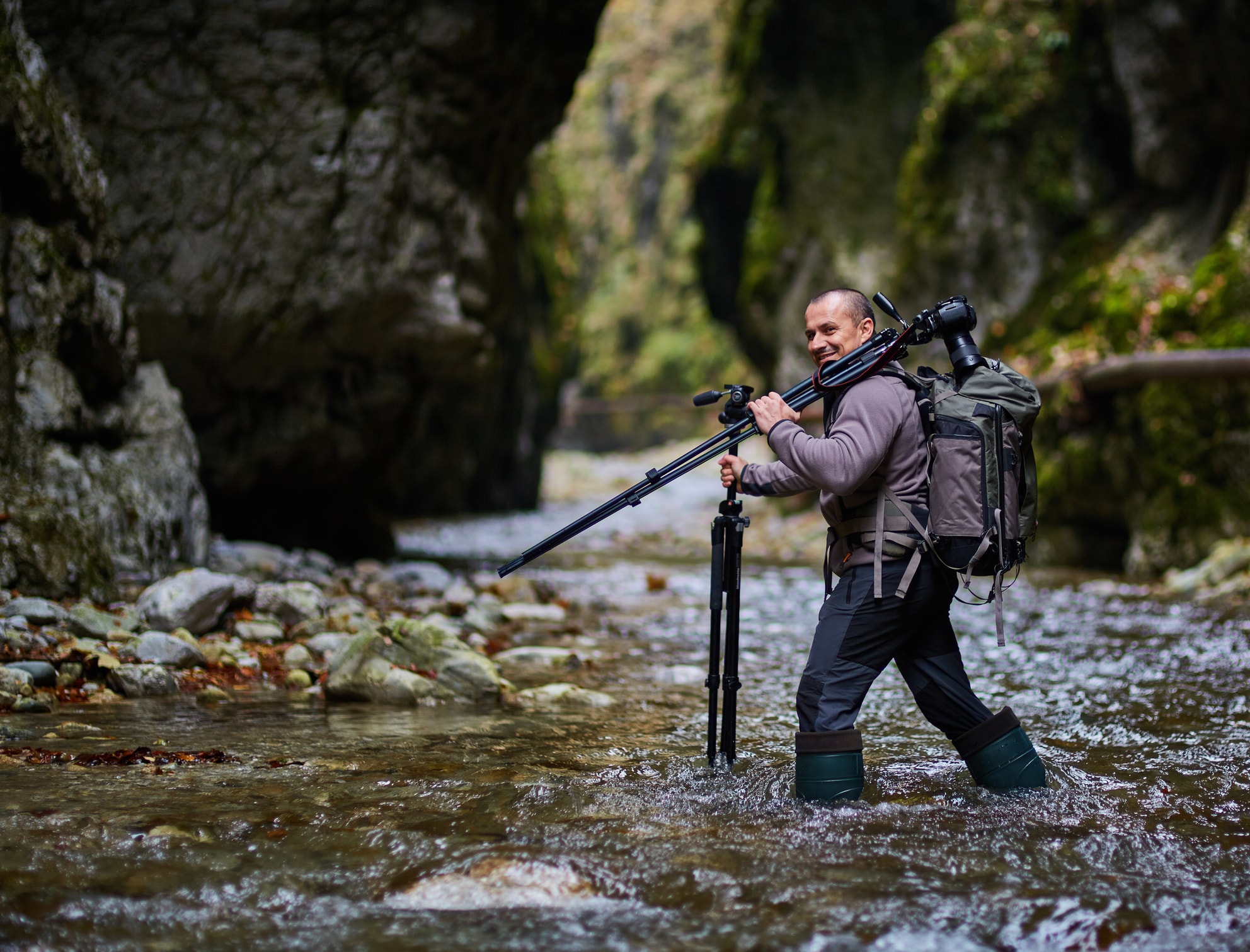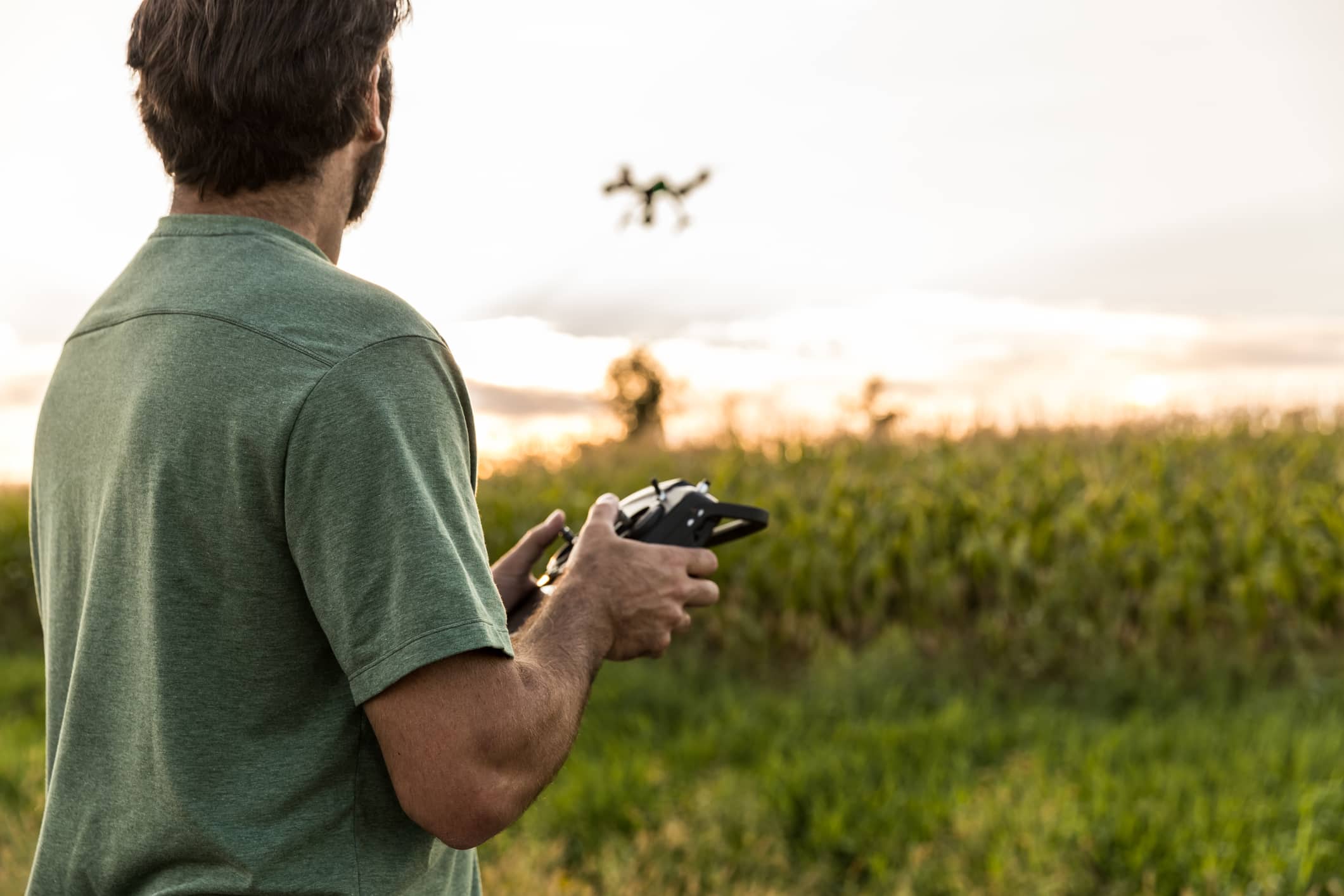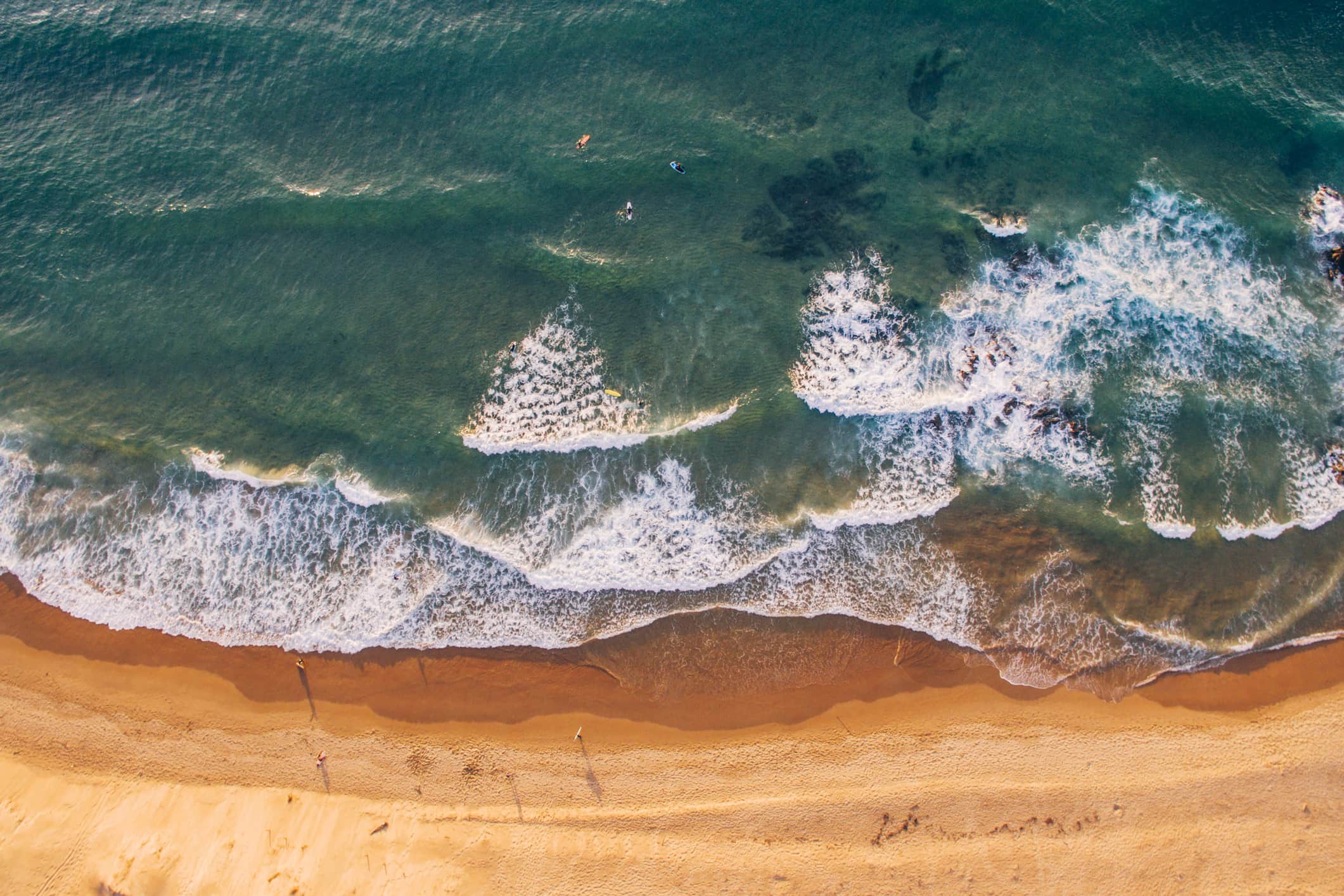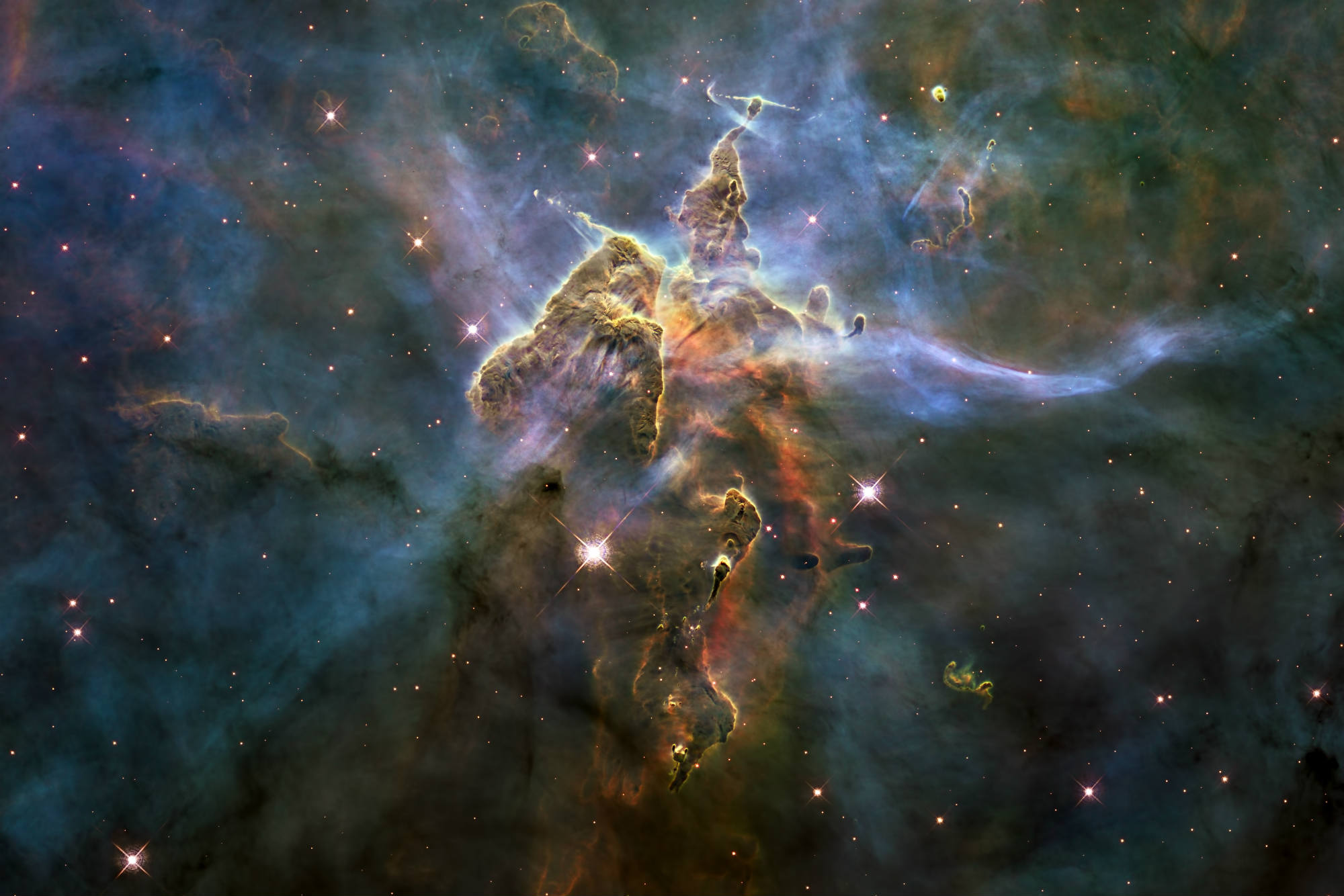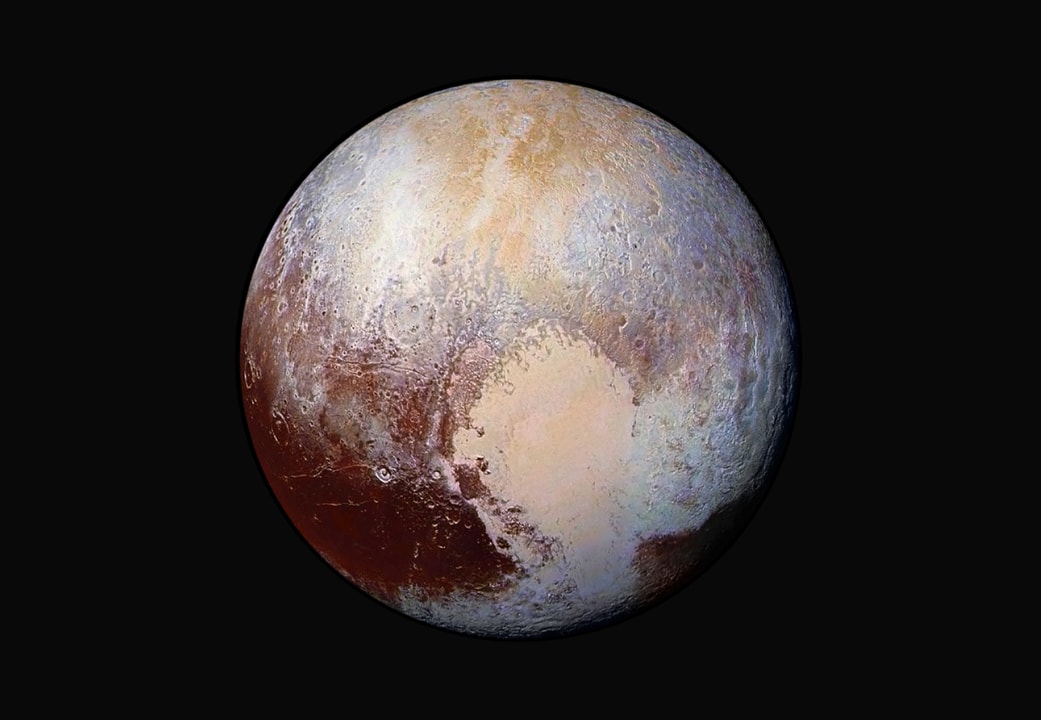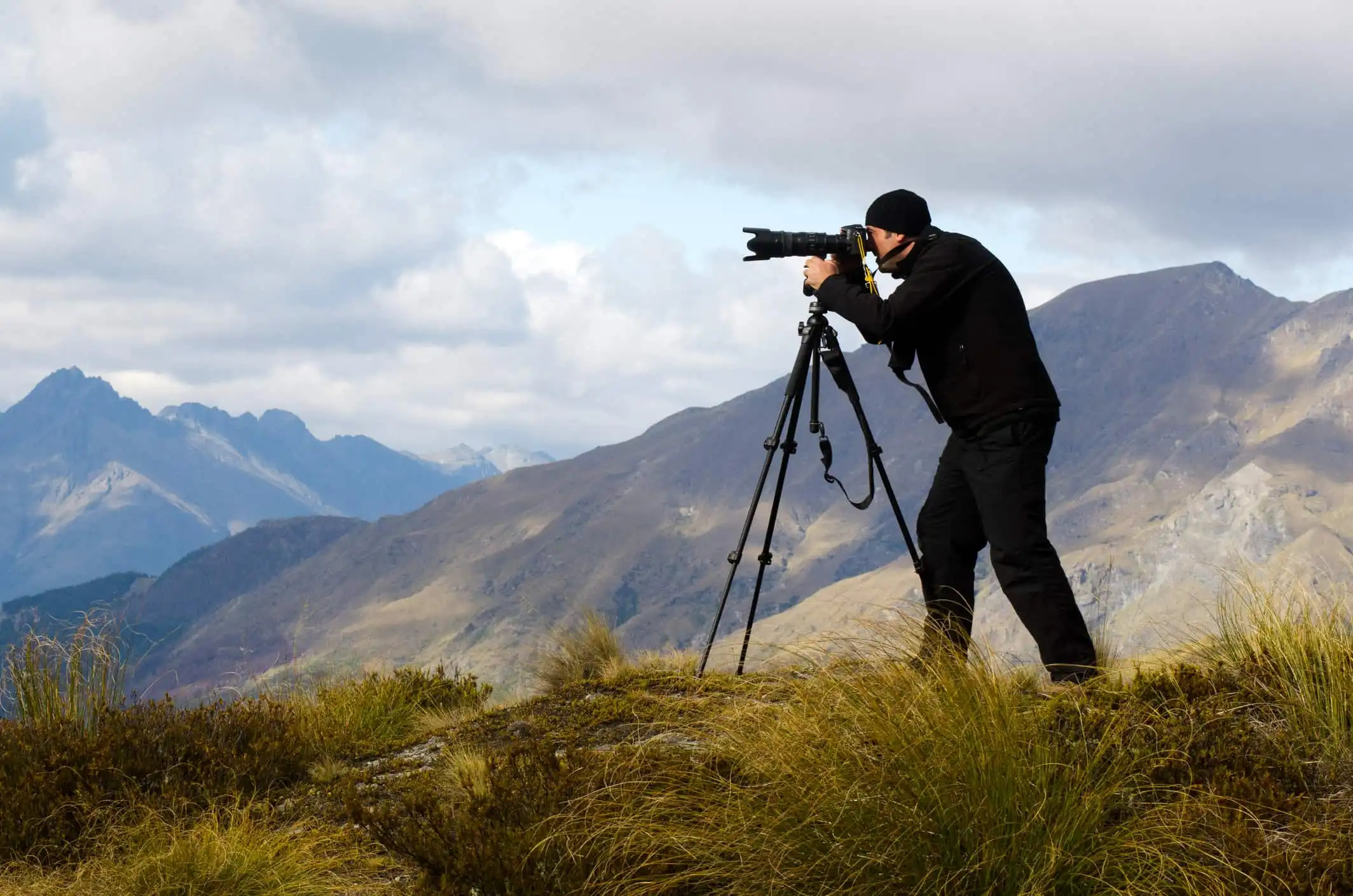Tips & Tricks
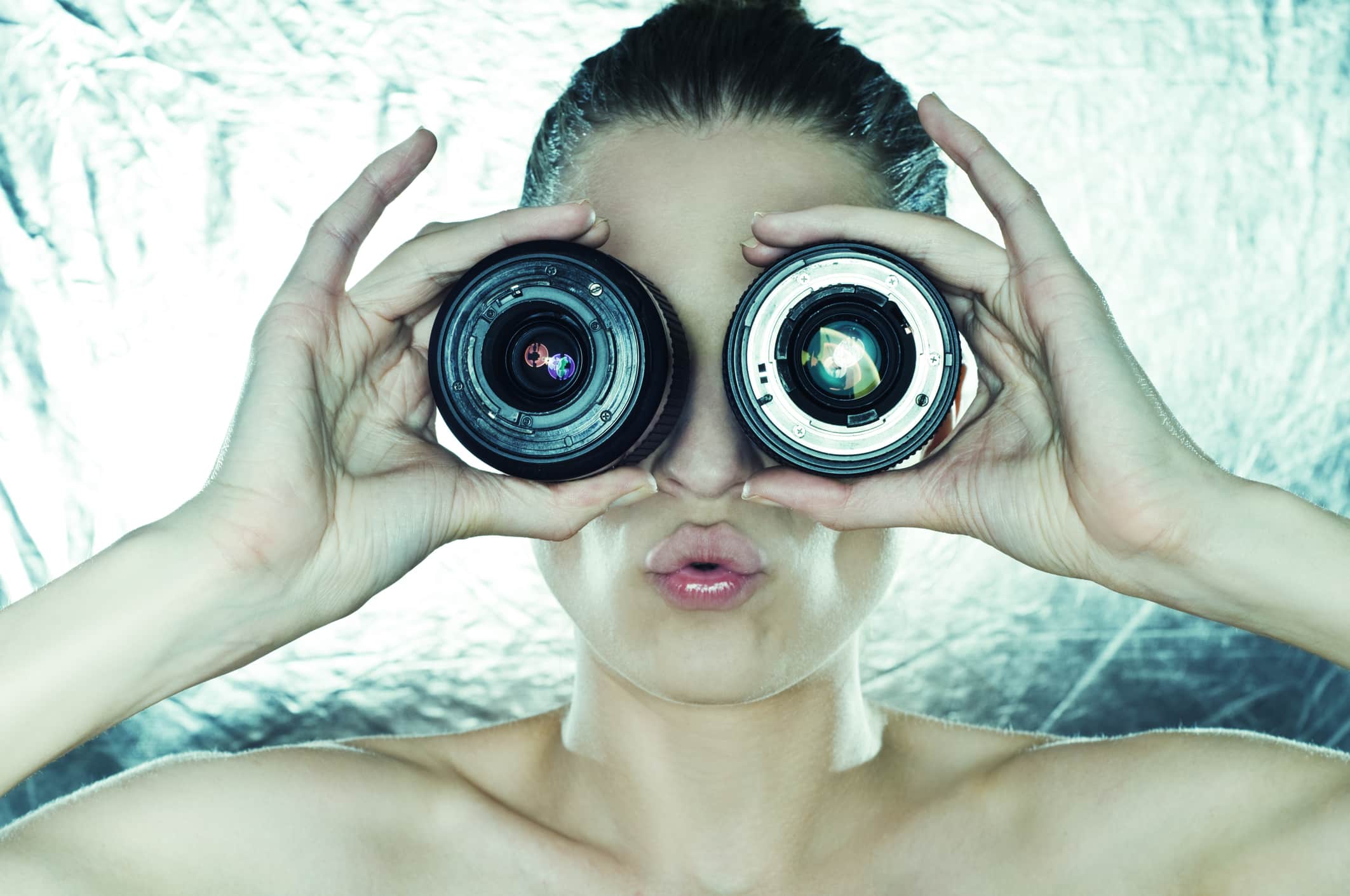
10 Predictions for the Future of Photography
Photography Talk
In thinking about how much photography has changed in just the last decade or so, it's incredibly exciting to think about all the innovations that are in store in the coming years.
And I'm not the only one excited about the future of photography...
In the video below, our friends at the Cooperative of Photography (COOPH) offer up a few tantalizing predictions about what's in store for the photography world.
Below, I've outlined a few of my favorite COOPH predictions, and give some of my thoughts on where we're headed.
Have a look at the video, check out the play-by-play below, and get ready to be intrigued!
Sensors With Hundreds of Megapixels
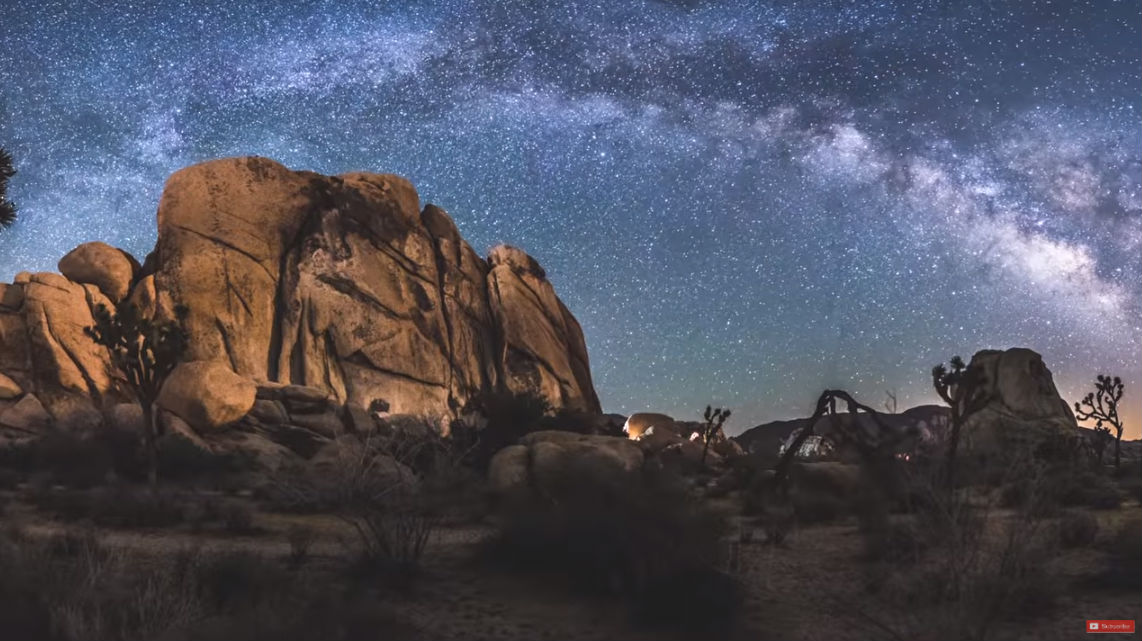 YouTube Screenshot/COOPH
YouTube Screenshot/COOPH
Think about this...
When the Canon 5D came out in 2005, it had 12.8-megapixels. The latest Canon 5D, the Mark IV, which was released in 2016, has 30.4-megapixels. The Canon 5DS R has a mouth-watering 50.6-megapixels.
You see the trend?
It took about a decade for Canon's megapixel count in their top-end camera to nearly quadruple. And since we've eclipsed the 50-megapixel mark, it's reasonable to assume that in about 10 years' time, we'll be shooting with 100-megapixel cameras.
It's also reasonable to assume that along with these epic sensors that we'll also see increasingly large ISO values. That means cameras will one day be able to see in the dark.
Now that is exciting!
Smaller Cameras
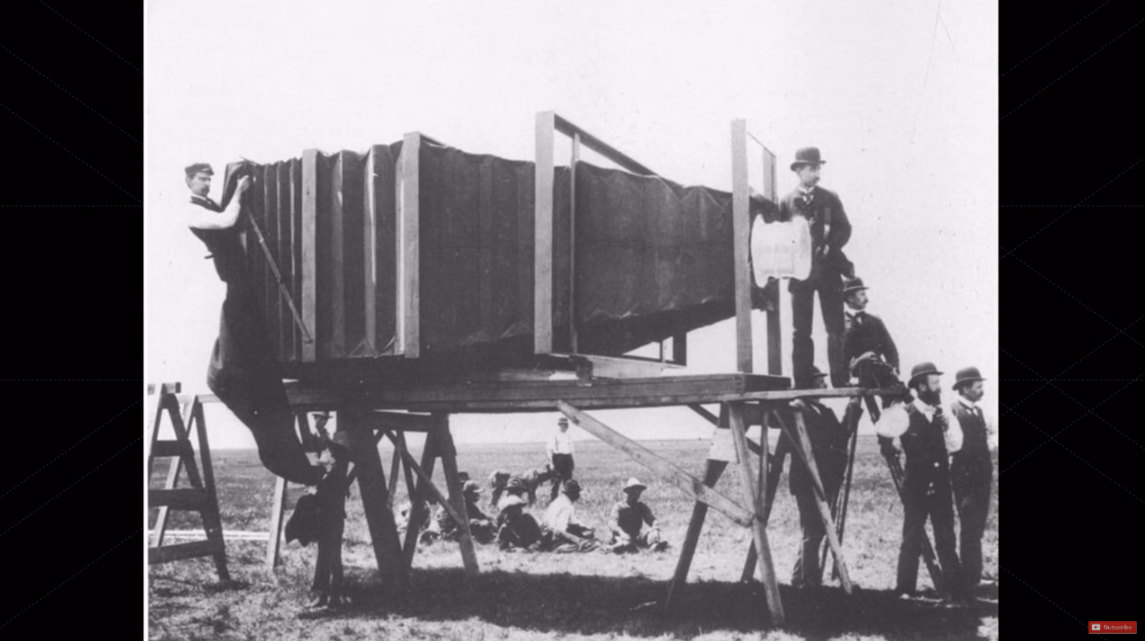 YouTube Screenshot/COOPH
YouTube Screenshot/COOPH
In the old days of photography, cameras were huge and cumbersome.
Heck, even my camera in the 1990s was big and heavy...
Today we enjoy pretty awesome cameras on our smartphones, but COOPH predicts that in the future, our cameras will be smaller still.
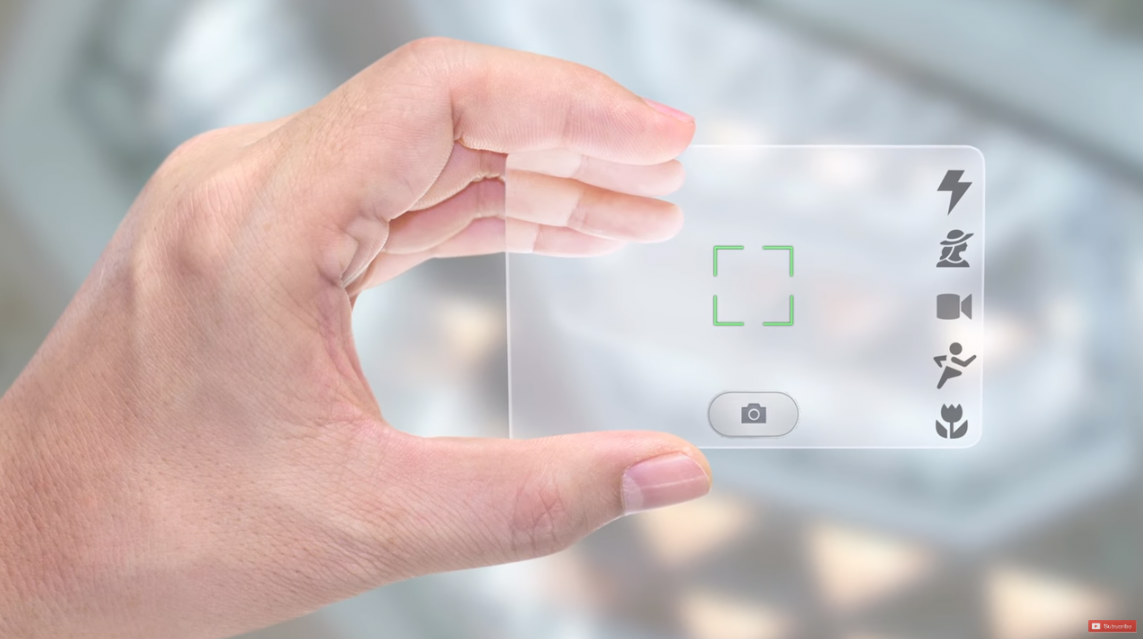 YouTube Screenshot/COOPH
YouTube Screenshot/COOPH
That might include cameras with no moving parts - no mirrors and no lens.
That could lead to something like what's shown above - a perfectly flat camera that could also be flexible to alter the field of view.
It looks like something right out of Star Trek, doesn't it?
Intelligent Cameras
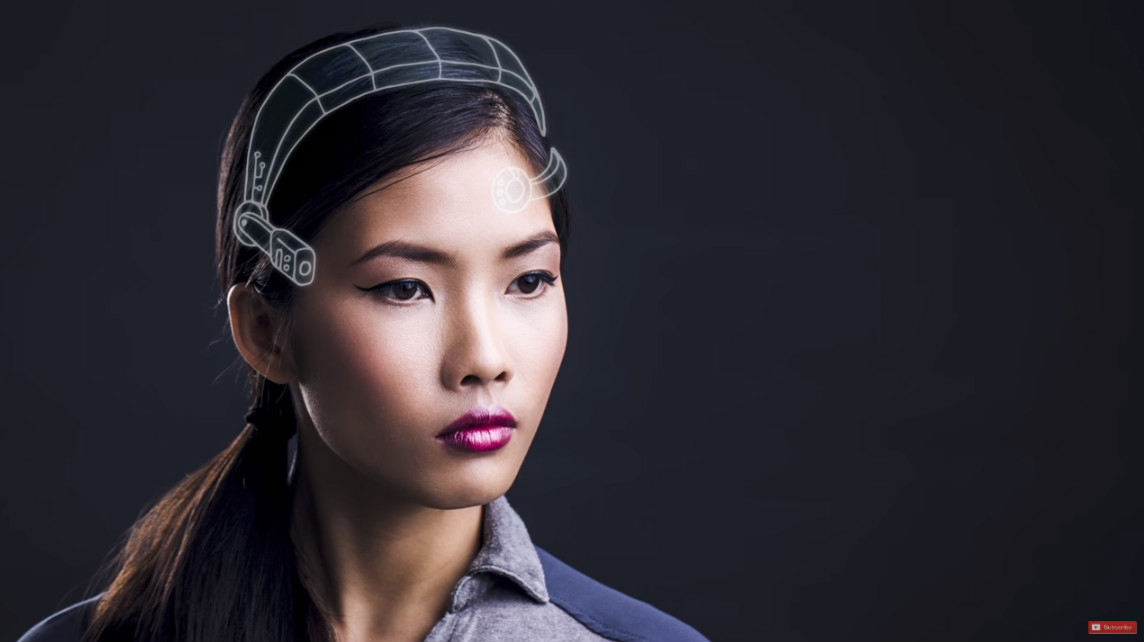 YouTube Screenshot/COOPH
YouTube Screenshot/COOPH
Back in the day, my old Canon film camera seemed like a pretty great piece of technology.
But compared to the Nikon D850 I have sitting on my desk, that old Canon seems like a quaint relic.
The point is that cameras are constantly sporting new, fantastic technologies that make taking photos an exciting experience.
In the future, that could include cameras that are controlled remotely through sensory inputs. For example, cameras might one day be triggered with nothing more than eye movements, like blinking twice to fire the shutter or squinting to zoom.
Another bold prediction is this - someday, cameras could actually read your brainwaves, so when you see something you like, it would automatically take a photo.
New Formats
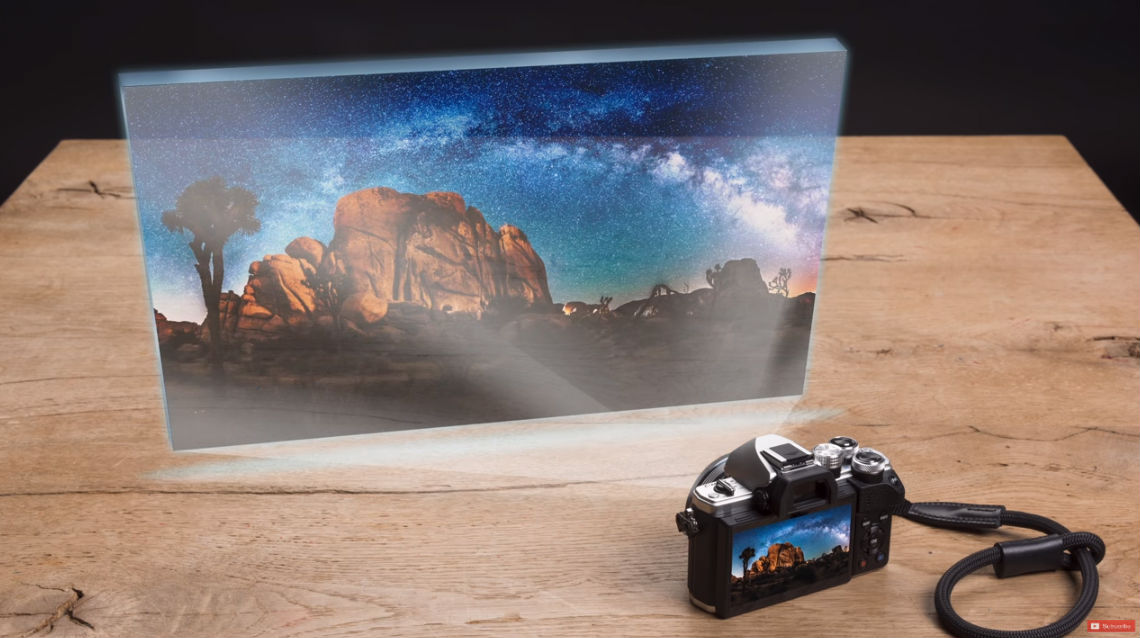 YouTube Screenshot/COOPH
YouTube Screenshot/COOPH
When I was a kid, Polaroids were all the rage.
Now, kids are on Instagram, sharing their photos with friends and strangers from around the world.
The leap in technology from Polaroids to Instagram makes one wonder how we'll view photos in the future.
Could we 3D print them? Could we project them onto a wall right from our cameras?
Perhaps we'll be able to display them as 3-D holograms, as seen in the image above.
Whatever the case, we're sure to see big changes in how we print and view photos in the future.
Smarter Software
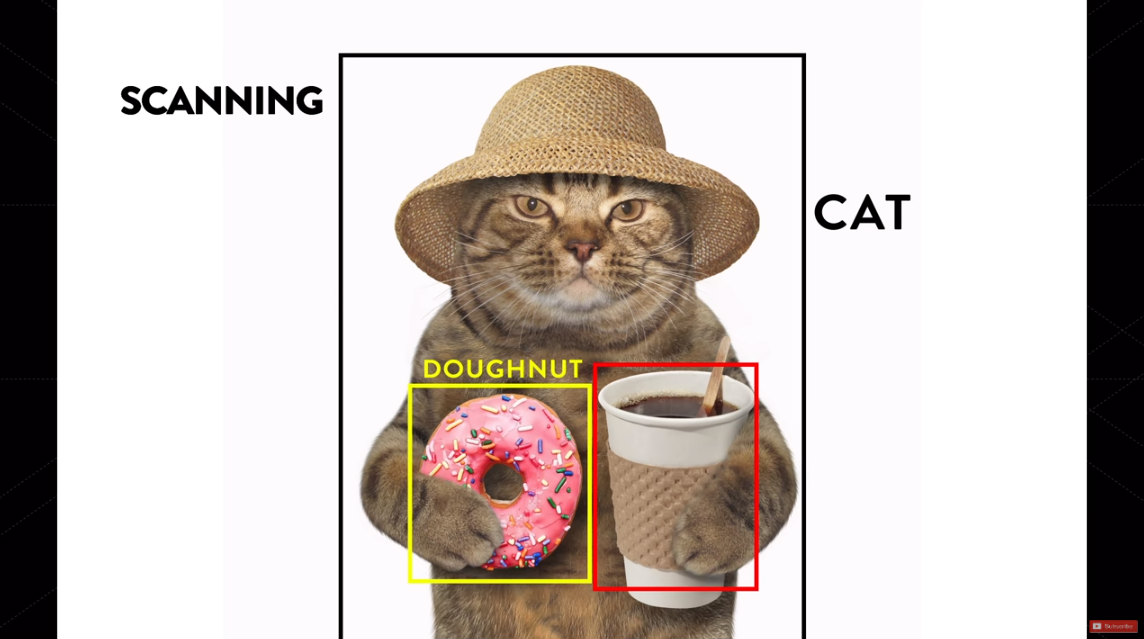 YouTube Screenshot/COOPH
YouTube Screenshot/COOPH
We already have cameras that can detect eyes, faces, and bodies, so it's not that far off for cameras to have even more advanced capabilities.
As COOPH mentions in the video, Google's Cloud Vision platform is already able to analyze and interpret the subjects in a photo, as seen above.
That makes you wonder if at some point our computers will handle everything from culling images to organizing them to processing them for us.
I'm not sure I like the idea of being removed from the process of editing photos, but I'd love to save some time getting all my images organized!
Return of the Vintage
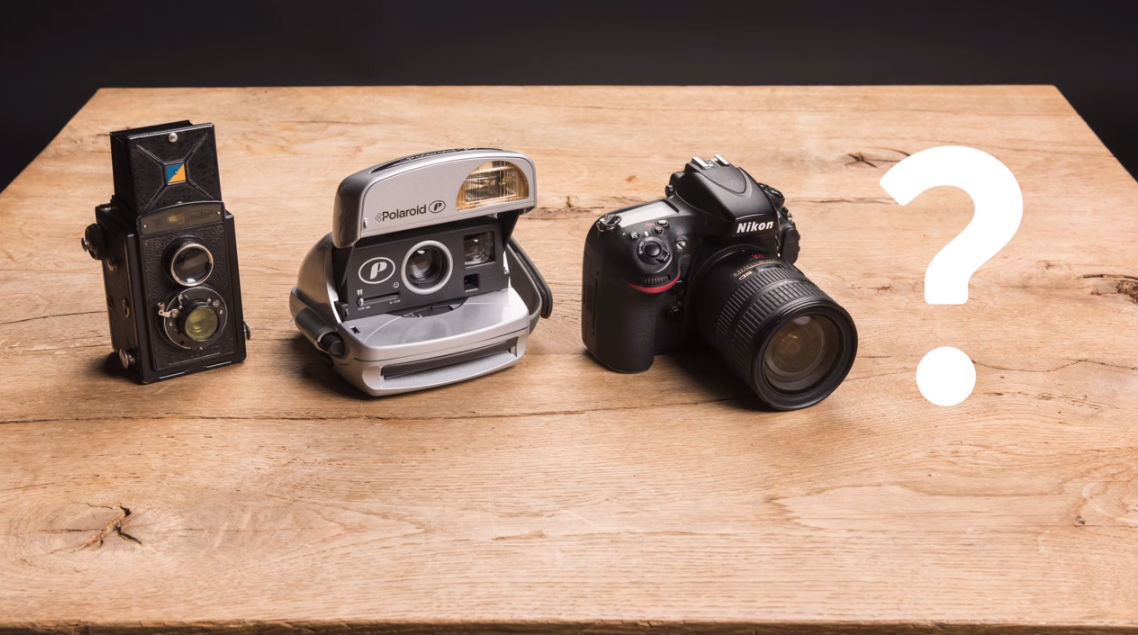 YouTube Screenshot/COOPH
YouTube Screenshot/COOPH
Like everything else in life, eventually, once-popular items come back into fashion.
Photography is no exception. Just look at the success of FujiFilm's Instax Camera...
With the resurgence of film cameras in recent years and the commitment to preserving the "old ways" of photography, there will no doubt be a time in the future when photographers pick up old, outdated DSLRs from today and marvel at how we managed to capture images of any kind of quality.
Who knows where this train is headed, but we can be sure of one thing - photography in 10 years will be a whole lot different than it is today!




